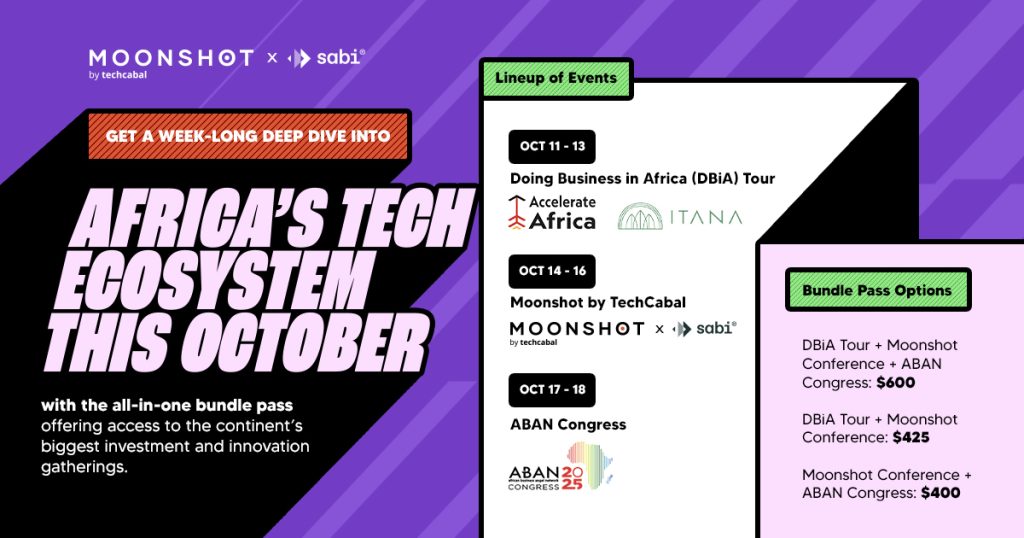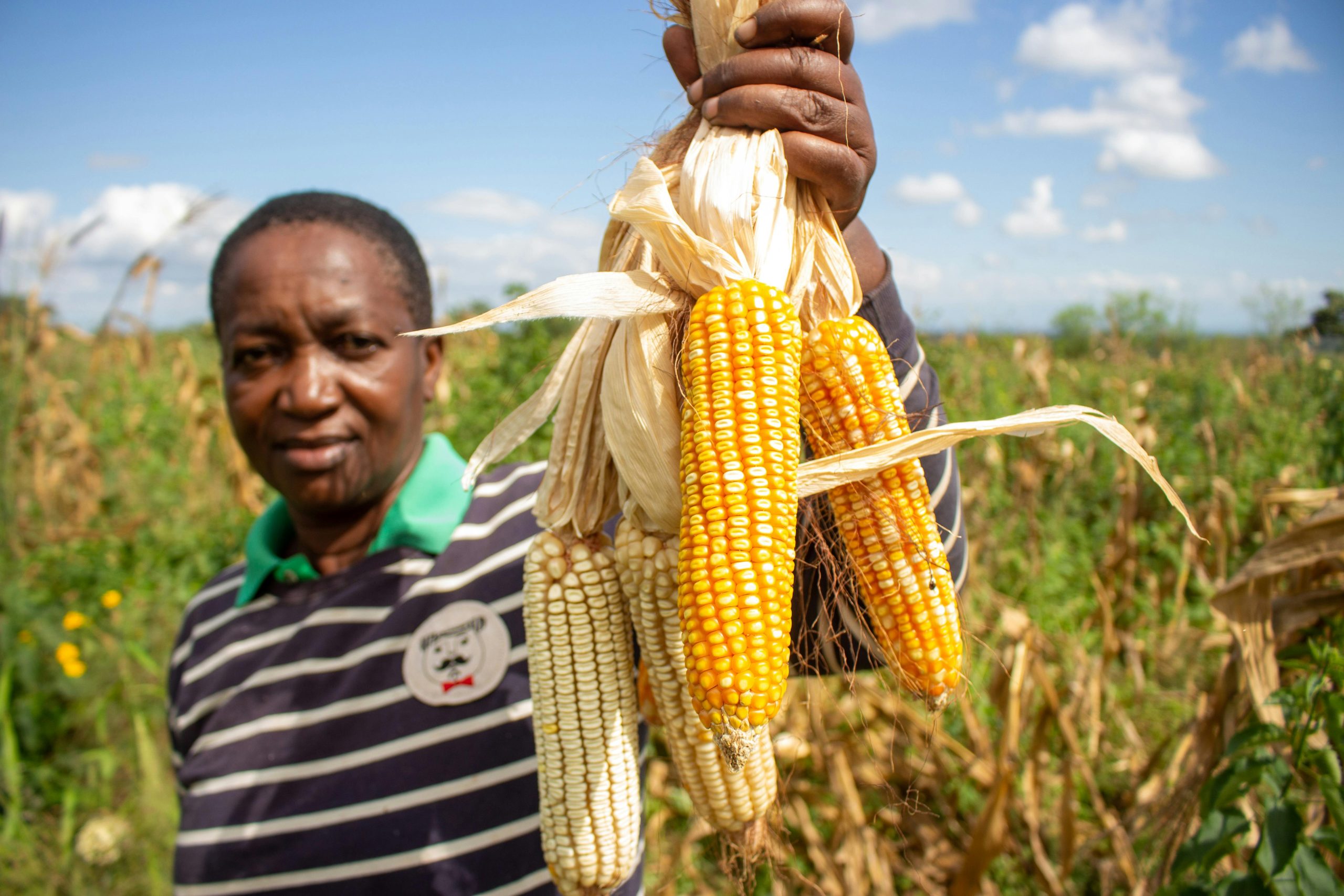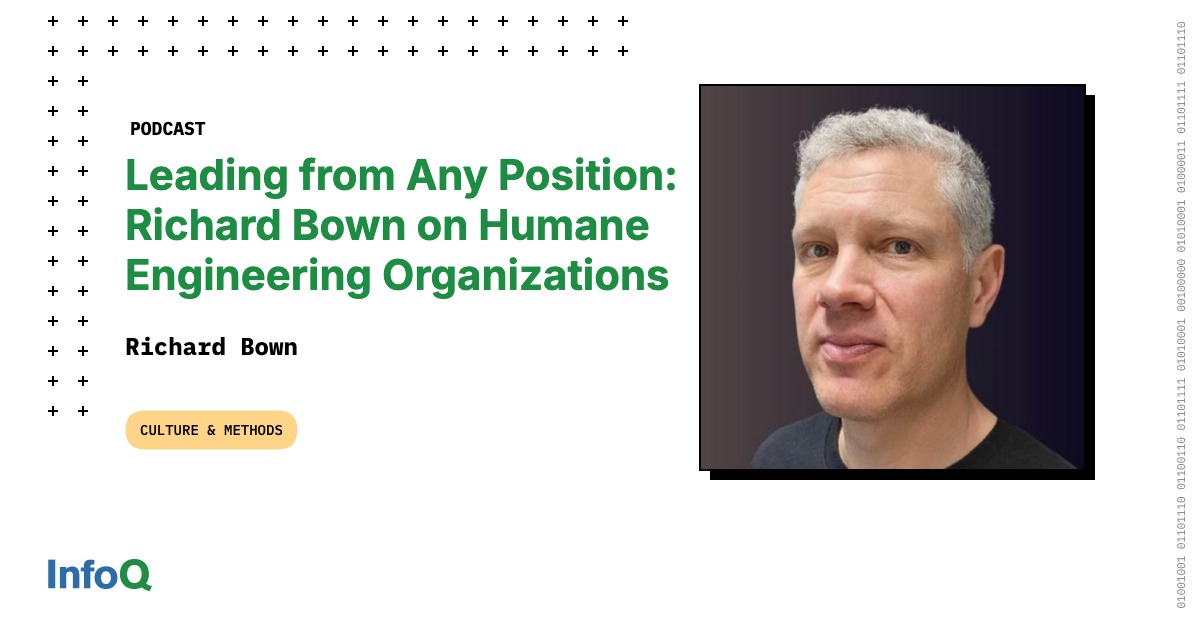In Kenya, harvest season is bittersweet for farming communities. They work the land for months, but within weeks of harvest, nearly half of their crops are gone, lost to pests and diseases like weevils and mould. Across Africa, this crisis swallows over 40% of all harvested grain every year, food worth more than $4 billion. In Kenya alone, the loss reaches $720 million annually, keeping smallholder families trapped in poverty.
For Faith Koki, these were not abstract statistics. She grew up in a farming family and remembers the heartbreak of watching food rot before it could be eaten or sold. “For me, it became personal when I realised that post-harvest losses were forcing people into debt cycles. I wanted to build something that gave farmers control and dignity over their harvest.”
That conviction became Silo Africa, a social agritech enterprise now transforming how smallholder farmers store, trade, and profit from their crops. Today, the company has reached more than 3,200 households and empowered 4,260 women. This work earned Koki the Bayer Foundation Women Empowerment Award, placing her among Africa’s boldest women innovators.
Image Source: Bayer Foundation
From workshop prototypes to SmartSilo™
At its core, Silo Africa is about transforming how smallholder farmers store and protect crops. Its flagship product, SmartSilo™ is a solar-powered, airtight system that eliminates the need for chemical preservatives. Sensors, known as SiloSense™, track moisture, temperature, carbon dioxide, and stock levels in real time, alerting farmers to early signs of spoilage. “Farmers get this data via a mobile app or SMS. If CO₂ spikes, it signals insect activity; if humidity rises, they act before mould spreads. It turns storage from guesswork into science,” Koki explains.
Early prototypes were rough, pieced together with the help of local welders. “The first versions weren’t perfect, but farmers gave us constant feedback,” Koki recalls. “We tested in the field, improved sealing systems, added solar, and simplified the user interface. It was an iterative process.”
The decision to make SmartSilo™ solar-powered was driven by necessity. “Rural areas often lack grid power, so solar was the only reliable choice,” Koki notes.
The result is a system that keeps grain safe from insects and mould for even years without chemicals, powered reliably even in off-grid areas. “Just as mobile money revolutionised access to finance, I believed Internet of Things (IoT)-enabled storage could revolutionise grain preservation,” says Koki. “The science behind hermetic storage already worked—technology simply made it accessible, transparent, and scalable.”
Connectivity challenges in rural Africa also shaped the design. “We built it for ‘offline-first,’” Koki explains. “Data is stored locally and synced when connectivity returns. Farmers can still get critical alerts via SMS, which works even in low-network areas. That way, grain protection doesn’t depend on perfect connectivity.”
A SmartSilo costs between $800 and $1,200 to produce depending on size, far out of reach for most smallholder farmers. To close that gap, Silo Africa introduced flexible financing, including pay-as-you-store, lease-to-own, and seasonal repayment cycles aligned with harvest times.
“We safeguard repayment by working with groups and cooperatives—peer accountability reduces defaults. The goal is access without debt pressure.”
The business model is carefully structured for sustainability. “We combine direct sales, lease-to-own financing, and subscription fees for IoT and cloud services,” Koki details. “The Kuza Trading Hub and Warehouse Receipts also generate transaction fees. This hybrid model keeps us sustainable while lowering barriers for farmers.”
Beyond technology: Building trust and community
Koki knew technology alone was not going to solve food insecurity. She understood that adoption required trust, so Silo Africa began with demonstration farms, showing results rather than making promises.
“We started with demonstration farms and community champions. We didn’t push tech—we let farmers see results for themselves. When an older farmer watches their neighbor’s grain last through the hunger season, trust spreads faster than any marketing,” she says.
Training programs soon became central to what the platform does. “Farmers learn how to operate silos, interpret sensor data, and manage storage without chemicals,” Koki explains. “We also train on collective marketing and financial literacy. Over time, it shifts storage from a risky activity to a profit strategy.”
For women, who often lack access to land, finance, and decision-making power, Koki said Silo Africa created opportunities through women-led Kuza Hubs. “We designed group ownership models, flexible payments, and women-run Kuza Hubs, where they lead storage and trading. This ensures women don’t get left behind.”
Connecting farmers to markets
To solve for market access, Silo Africa’s Kuza Trading Hub links smallholders directly to premium offtakers with transparent contracts and fair pricing. Lack of information and storage facilities have often led farmers to sell too early at low prices, according to Koki.
“We use transparent digital pricing and collective bargaining power. Farmers aggregate supply, which attracts bulk buyers. Buyers benefit from guaranteed volumes and quality, while farmers avoid exploitation by middlemen. It’s a win-win,” Koki explains.
Through Digital Warehouse Receipts, backed by blockchain-secured traceability, farmers can now use stored grain as collateral for loans. “Each storage and transaction record is logged on a blockchain ledger—tamper-proof and time-stamped,” she says. “This builds trust with banks and microfinance institutions, who now accept these receipts as collateral. Farmers can access credit without selling their harvest prematurely.”
Getting farmers to trust blockchain technology required a thoughtful approach. “Most farmers don’t need to understand ‘blockchain’ they just need to trust that the system works,” Koki explains. “The challenge is simplifying it into farmer-friendly interfaces. We spend time training and showing them that their grain and receipts can’t be tampered with. That builds trust.”
Crucially, Silo Africa maintains strict data ownership policies. “Farmers own their data—it’s as simple as that,” Koki emphasises. “We act as custodians, never selling or misusing it. When aggregated, the data informs markets and policy, but individual farmer identities remain protected.”
A continent-wide vision with SiloCloud™
For Koki, the bigger picture is continental. With SiloCloud™, she envisions a digital platform interlinking every SmartSilo across Africa.
“It means silos across villages connected into one digital ecosystem. Imagine farmers in Uganda, Kenya, and Zambia all having their storage mapped, with real-time visibility of grain volumes and quality,” she says. “That transparency transforms grain trade—buyers know where quality stock is, and farmers access better prices.”
The roadmap includes adding artificial intelligence to revolutionise how the system works. “AI can analyse storage and trade data to predict spoilage risks, market price shifts, and creditworthiness,” Koki explains. “It will move us from reactive responses to predictive intelligence, giving farmers a huge advantage.”
Recognition, impact, and looking ahead
Silo Africa’s achievements have not gone unnoticed. Receiving the Bayer Foundation Women Empowerment Award was a watershed moment for Koki and her mission. “Being a female founder comes with both challenges and opportunities. You’re often breaking barriers in spaces that weren’t built with you in mind, but that also means you get to create new pathways for others,” she reflects. “Receiving the Bayer Foundation award is deeply humbling—it’s not just recognition of me, but of the resilience of the farmers, especially women, who inspired Silo Africa. It affirms that solutions born in Africa can set global standards.”
The numbers validate her approach. According to Koki, Silo Africa has deployed more than 500 SmartSilos, creating about 25,000 tonnes of storage capacity. More than 3,200 households have been reached, crop productivity has risen by 45%, and post-harvest losses have been cut by 40%. She added that over 4,260 women farmers have been empowered in the process, with adoption doubling year on year as farmers see real results—grain lasting longer, reduced losses, and better prices.
“Our biggest achievement is seeing farmers who once lost half their harvest now store grain safely and sell at better prices,” Koki reflects. Yet challenges remain. “The headache is scaling manufacturing fast enough to meet demand without compromising quality.”
Funding has been another persistent challenge. “We started with personal savings and small grants. The toughest part has been convincing investors that post-harvest innovation is just as critical as seeds or fertilizers,” Koki admits. Despite these hurdles, the company continues to raise capital to scale across East and Southern Africa.
The Bayer foundation award came with a €25,000 ($29,000 USD) funding.
Within the next five years, Silo Africa has set an ambitious goal: reach one million farmers with one million tonnes of storage capacity, all connected through SiloCloud™. “We envision a continent where no family goes hungry because of preventable losses, and where African farmers compete fairly in global trade,” Koki declares.
For Koki, the vision remains clear and urgent. “Food insecurity in Africa is not just about growing more; it’s about protecting what we already grow. If we can stop losing nearly half of our harvests, we can feed millions.”
Mark your calendars! Moonshot by is back in Lagos on October 15–16! Join Africa’s top founders, creatives & tech leaders for 2 days of keynotes, mixers & future-forward ideas. Early bird tickets now 20% off—don’t snooze! moonshot..com











